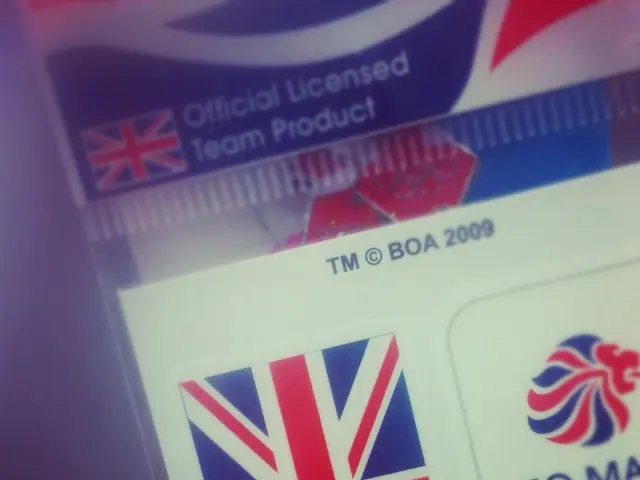Russian agricultural watchdog, Rosselkhoznadzor, has granted amnesty to one of Belarus' dairy factories.
The Federal Service for Veterinary and Phytosanitary Surveillance (Rosselkhoznadzor) has announced that it has lifted the ban on the 40%-fat cream from the Molochnyi Gostinets production unit of OAO Minskii Molochnyi Zavod No1. The enterprise is now allowed to supply Russia with high-fat, pasteurized, frozen drinking cream with a 40% fat content.
The ban was initially imposed due to unspecified reasons, but it appears that the company took corrective measures to address the issues that led to the prohibition. Rosselkhoznadzor conducted an inspection and found non-compliance, likely involving sanitary, safety, or quality control violations. In response, OAO Minskii Molochnyi Zavod No1 improved their production processes, possibly enhancing hygiene standards, upgrading equipment, or implementing more rigorous internal quality control protocols.
Additionally, the company subjected their 40%-fat cream to further testing and certification, demonstrating that the product now meets all required safety and quality standards. After verifying these improvements and receiving satisfactory test results, Rosselkhoznadzor concluded that the product no longer poses a health risk and accordingly lifted the ban.
This change has been reflected in the Register of Customs Union Enterprises. It's worth noting that Rosselkhoznadzor has also introduced enhanced laboratory control over three additional Belarusian enterprises in early June. However, other enterprises such as OAO "AFPK "Zhlobinskii Meat Combine"" had ivermectin detected in their meat semi-finished products, and E. coli was found in poultry meat from OAO "Smolevichi Broiler".
These incidents highlight the ongoing efforts by Rosselkhoznadzor to ensure the safety and quality of food products imported into Russia. The agency continues to monitor and regulate food production processes to protect consumers' health and maintain trust in the food supply chain.
a) The lifting of the ban on the 40%-fat cream from Molochnyi Gostinets production unit might positively affect the food-and-drink industry's business operations in Russia.
b) With the increase in laboratory control over food production processes, the finance sector may be associated with more investments in the food industry due to the heightened emphasis on safety and quality standards.
c) As the Federal Service for Veterinary and Phytosanitary Surveillance continues its efforts to regulate lifestyle-related products, the food-and-drink industry could see significant changes in the way business is conducted within the Customs Union.



